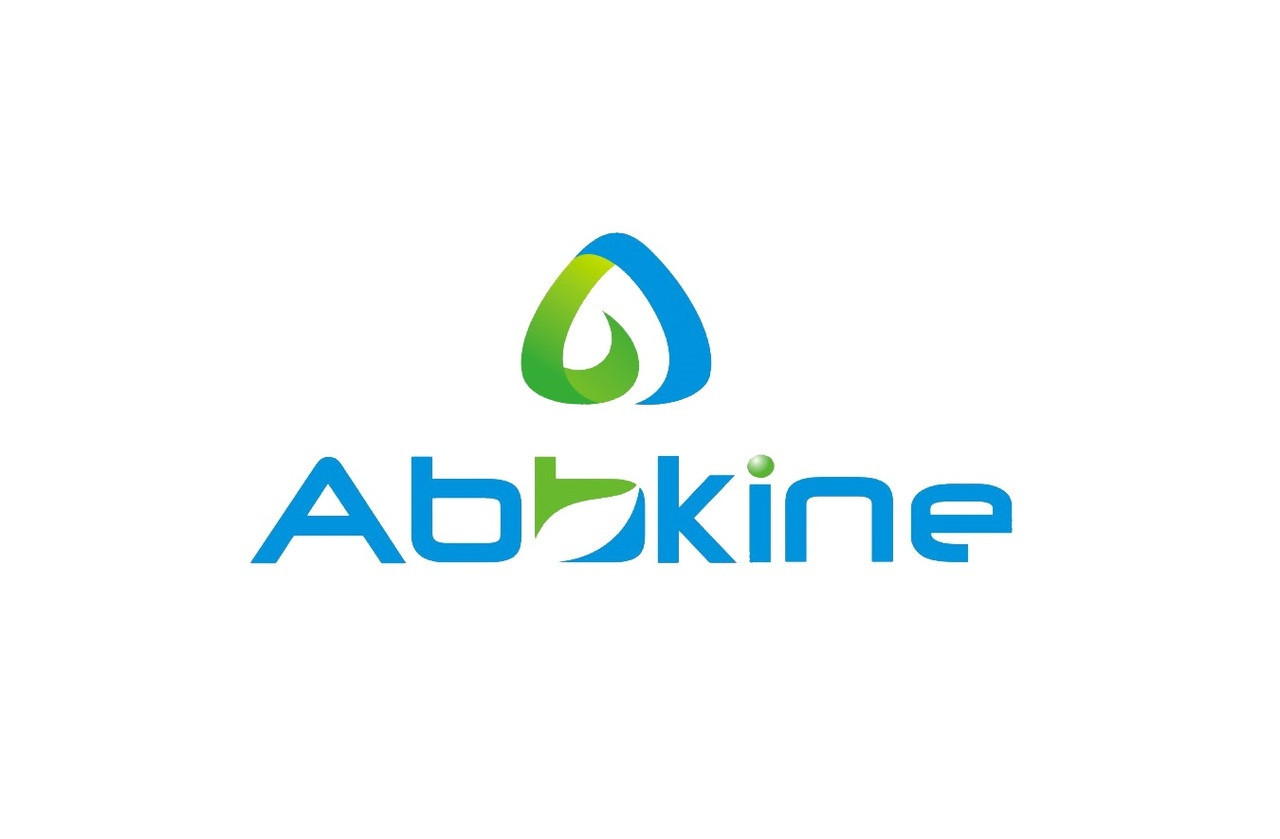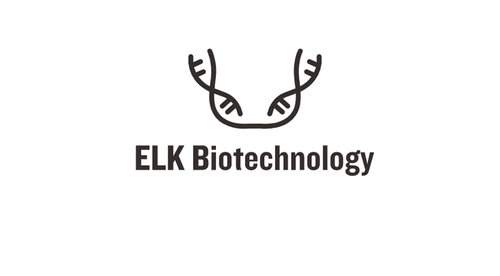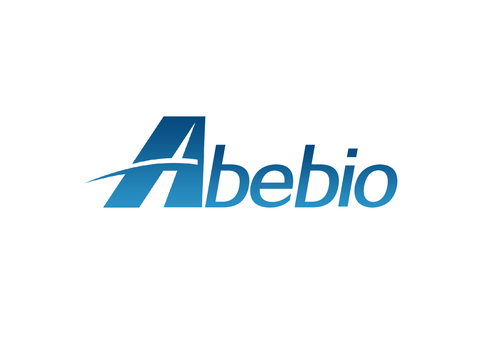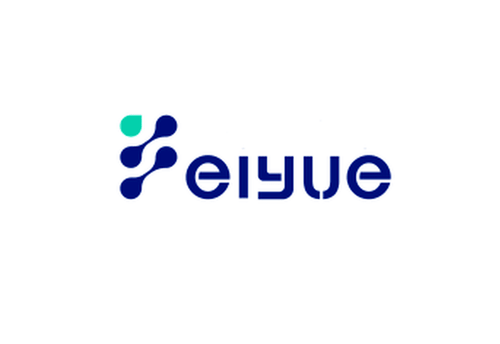Product Description
Human Fibroblast growth factor receptor 3 (FGFR3) ELISA Kit | KTE62392 | Abbkine
Application: This Human Fibroblast growth factor receptor 3 (FGFR3) ELISA Kit employs a two-site sandwich ELISA to quantitate FGFR3 in samples. An antibody specific for FGFR3 has been pre-coated onto a microplate. Standards and samples are pipetted into the wells and anyFGFR3 present is bound by the immobilized antibody. After removing any unbound substances, a biotin-conjugated antibody specific for FGFR3 is added to the wells. After washing, Streptavidin conjugated Horseradish Peroxidase (HRP) is added to the wells. Following a wash to remove any unbound avidin-enzyme reagent, a substrate solution is added to the wells and color develops in proportion to the amount of FGFR3 bound in the initial step. The color development is stopped and the intensity of the color is measured.
Detection Method: Colorimetric
Conjugate: N/A
Sample Type: Cell culture supernatants#Serum#Plasma#Other biological fluids
Assay Type: Multiple steps standard sandwich ELISA assay with a working time of 3-5 hours. It depends on the experience of the operation person.
Kit Component: • Human Fibroblast growth factor receptor 3 microplate
• Human Fibroblast growth factor receptor 3 standard
• Human Fibroblast growth factor receptor 3 detect antibody
• Streptavidin-HRP
• Standard diluent
• Assay buffer
• HRP substrate
• Stop solution
• Wash buffer
• Plate covers
Features & Benefits: Human Fibroblast growth factor receptor 3 (FGFR3) ELISA Kit has high sensitivity and excellent specificity for detection of Human FGFR3. No significant cross-reactivity or interference between Human FGFR3 and analogues was observed.
Calibration Range: Please inquire
Limit Of Detection: Please inquire
Usage Note: • Do not mix components from different kit lots or use reagents beyond the kit expiration date.
• Allow all reagents to warm to room temperature for at least 30 minutes before opening.
• Pre-rinse the pipet tip with reagent, use fresh pipet tips for each sample, standard and reagent to avoid contamination.
• Unused wells must be kept desiccated at 4 °C in the sealed bag provided.
• Mix Thoroughly is very important for the result. It is recommended using low frequency oscillator or slight hand shaking every 10 minutes.
• It is recommended that all samples and standards be assayed in duplicate or triplicate.
Storage Instruction: The unopened kit should be stored at 2 - 8°C. After opening, please store refer to protocols.
Shipping: Gel pack with blue ice.
Precaution The product listed herein is for research use only and is not intended for use in human or clinical diagnosis. Suggested applications of our products are not recommendations to use our products in violation of any patent or as a license. We cannot be responsible for patent infringements or other violations that may occur with the use of this product.
Background: FGFR3 encodes a member of the fibroblast growth factor receptor (FGFR) family, with its amino acid sequence being highly conserved between members and among divergent species. FGFR family members differ from one another in their ligand affinities and tissue distribution. A full-length representative protein would consist of an extracellular region, composed of three immunoglobulin-like domains, a single hydrophobic membrane-spanning segment and a cytoplasmic tyrosine kinase domain. The extracellular portion of the protein interacts with fibroblast growth factors, setting in motion a cascade of downstream signals, ultimately influencing mitogenesis and differentiation. This particular family member binds acidic and basic fibroblast growth hormone and plays a role in bone development and maintenance. Mutations in FGFR3 lead to craniosynostosis and multiple types of skeletal dysplasia. Three alternatively spliced transcript variants that encode different protein isoforms have been described.
Alternative Names: FGFR3; ACH; CD333; CEK2; HSFGFR3EX; JTK4; OTTHUMP00000149958; OTTHUMP00000149959; achondroplasia; thanatophoric dwarfism; hydroxyaryl-protein kinase; tyrosine kinase JTK4
Search name: FGFR3; ACH; CD333; CEK2; HSFGFR3EX; JTK4; OTTHUMP00000149958; OTTHUMP00000149959; achondroplasia; thanatophoric dwarfism; hydroxyaryl-protein kinase; tyrosine kinase JTK4
Tag: FGFR3
 Euro
Euro
 USD
USD
 British Pound
British Pound
 NULL
NULL












